
Fascinating books about our extraordinary world for your summer reading list
From leafy Britain to the highest peaks of the Himalaya, our 2023 summer reading list will transport you around the globe with tales of remarkable journeys, culture, history and geopolitics.
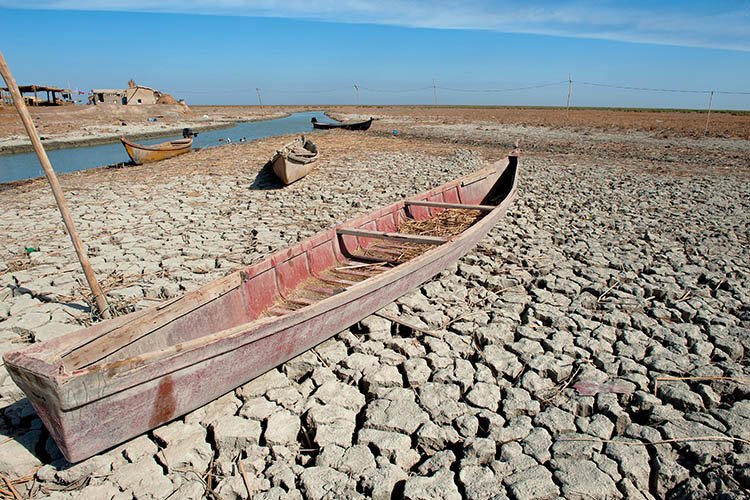
Wounded Tigris: A River Journey Through the Cradle of Civilisation by Leon McCarron
The River Tigris has formed the lifeblood of ancient Mesopotamia and modern Iraq, but geopolitics and climate change have left the birthplace of civilisation at risk of becoming uninhabitable. Three millennia ago, the Syrians decided that the source of the Tigris was deep in the great peaks and lakes beneath a mountain range called Korha. This area, now popularly known as the Cradle of Civilisation, is where Leon McCarron and his companions began their remarkable journey of more than 1,600 kilometres through the Turkish mountains, across northeast Syria and into the heart of Iraq.
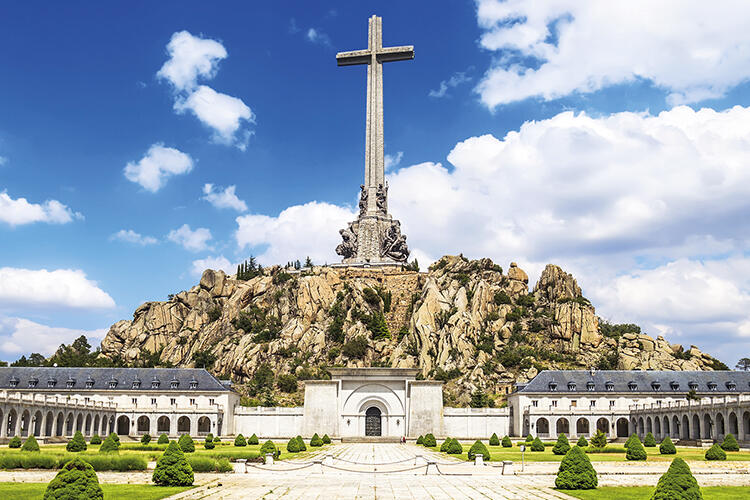
Spain: The Trials and Triumphs of a Modern European Country by Michael Reid
In his latest book, Michael Reid (senior editor at The Economist and the magazine’s Spain correspondent between 2016 and 2021) tells an illuminating and engaging account of Spain’s contemporary history, from the death of Franco to the Catalan referendum and beyond, and what distinguishes the country from it’s European neighbours.
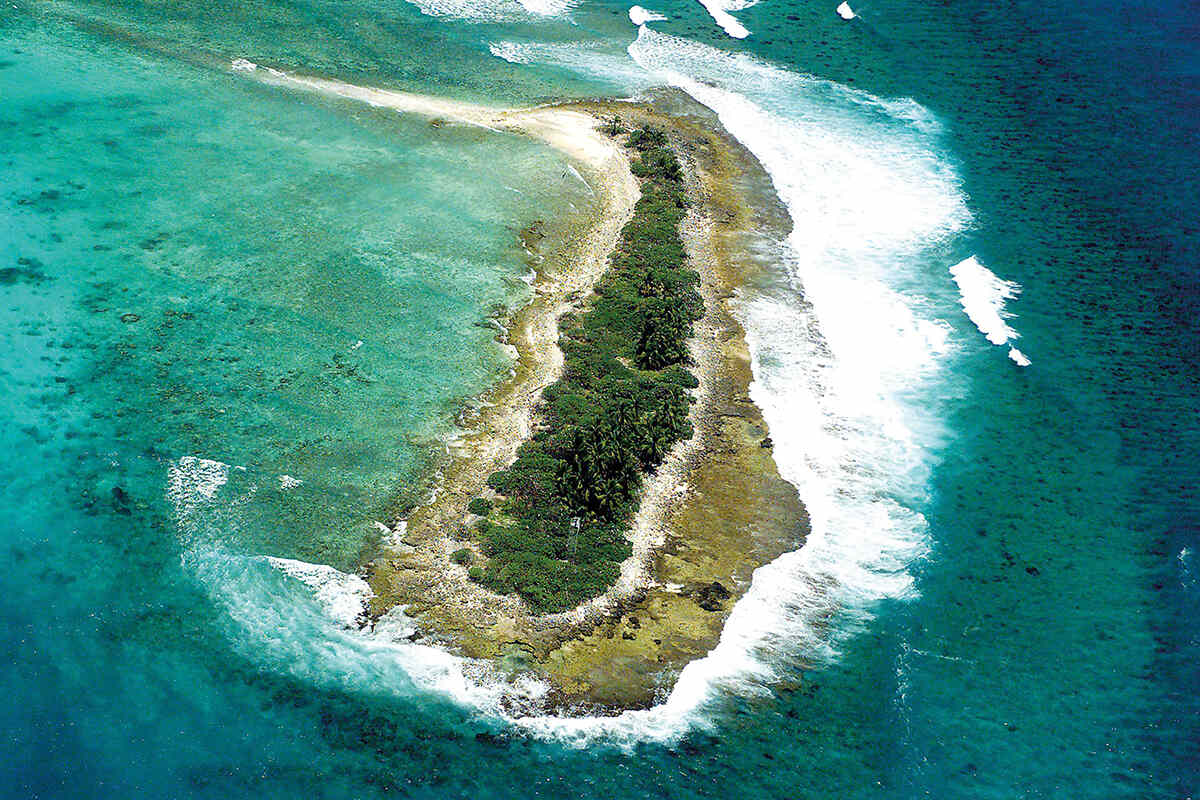
The Last Colony: A Tale of Exile, Justice and Britain’s Colonial Legacy by Philippe Sands
During the 1960s, as countries across Africa finally asserted their independence, the British government hived off the far-flung Chagos Archipelago from Mauritius and created a new colony: the British Indian Ocean Territory. It then forcibly removed the entire population – some 1,500 Chagossians, the descendants of enslaved or indentured Africans – to allow the USA to build a military base on one of the islands: Diego Garcia. In The Last Colony, Philippe Sands tells a timely story of Britain’s colonial history with Mauritius, the four-decade legal battle to end colonial rule and one woman’s emotional story at the heart of it all.
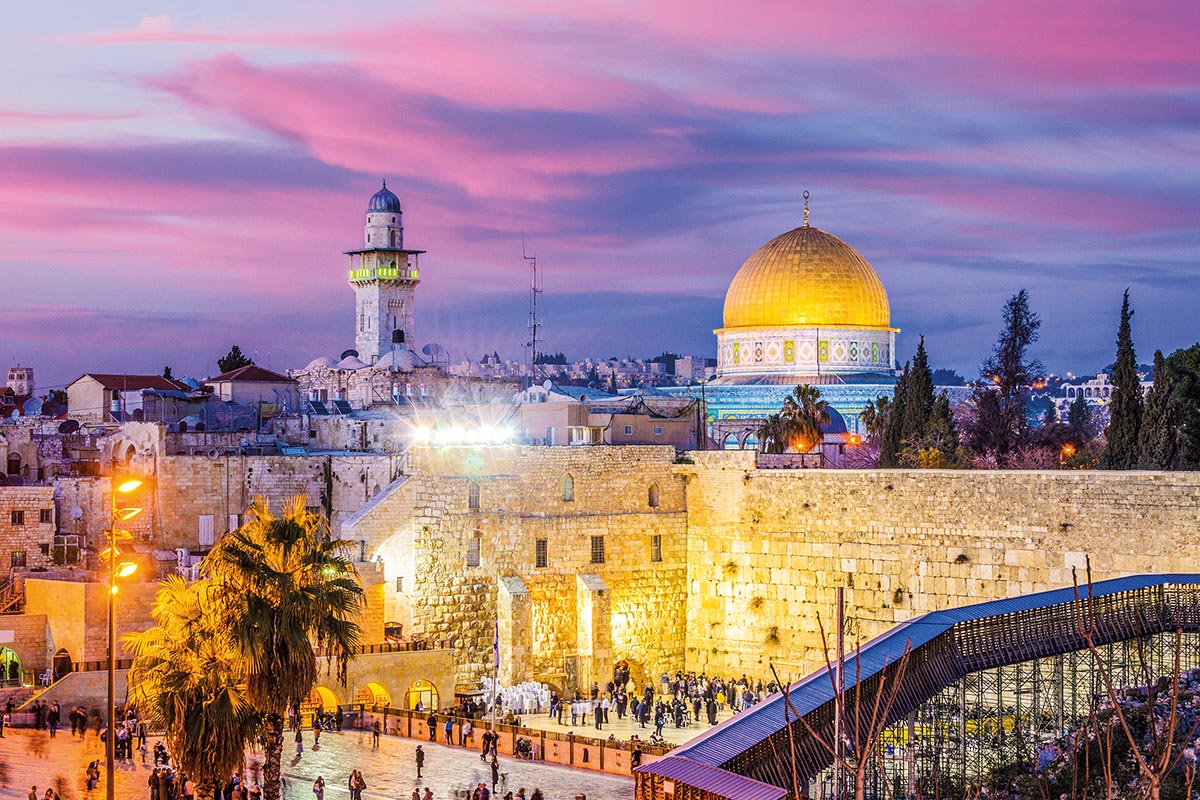
Nine Quarters of Jerusalem: A New Biography of the Old City by Matthew Teller
Matthew Teller’s focus in his illuminating and deeply researched book Nine Quarters of Jerusalem is the Old City, the walled area in disputed East Jerusalem that’s divided into four quarters: Christian, Muslim, Jewish and Armenian. There is a wealth of stories here, written in an accessible, upbeat style, as Teller delves into this city within a city.

Shrimp to Whale: South Korea from the Forgotten War to K-Pop by Ramon Pacheco Pardo
Across seven decades, South Korea has faced colonial repression, three years of devastating war, the desolation of mass poverty and a painful evolution from dictatorship to liberal democracy, before finally emerging as an economic and cultural powerhouse. Ramon Pacheco Pardo, head of the Department of European and International Studies at King’s College, documents this extraordinary transformation, ‘from shrimp to whale’, achieved as much by the working class that forced politicians to create more equitable economic conditions as by the nation’s leaders.
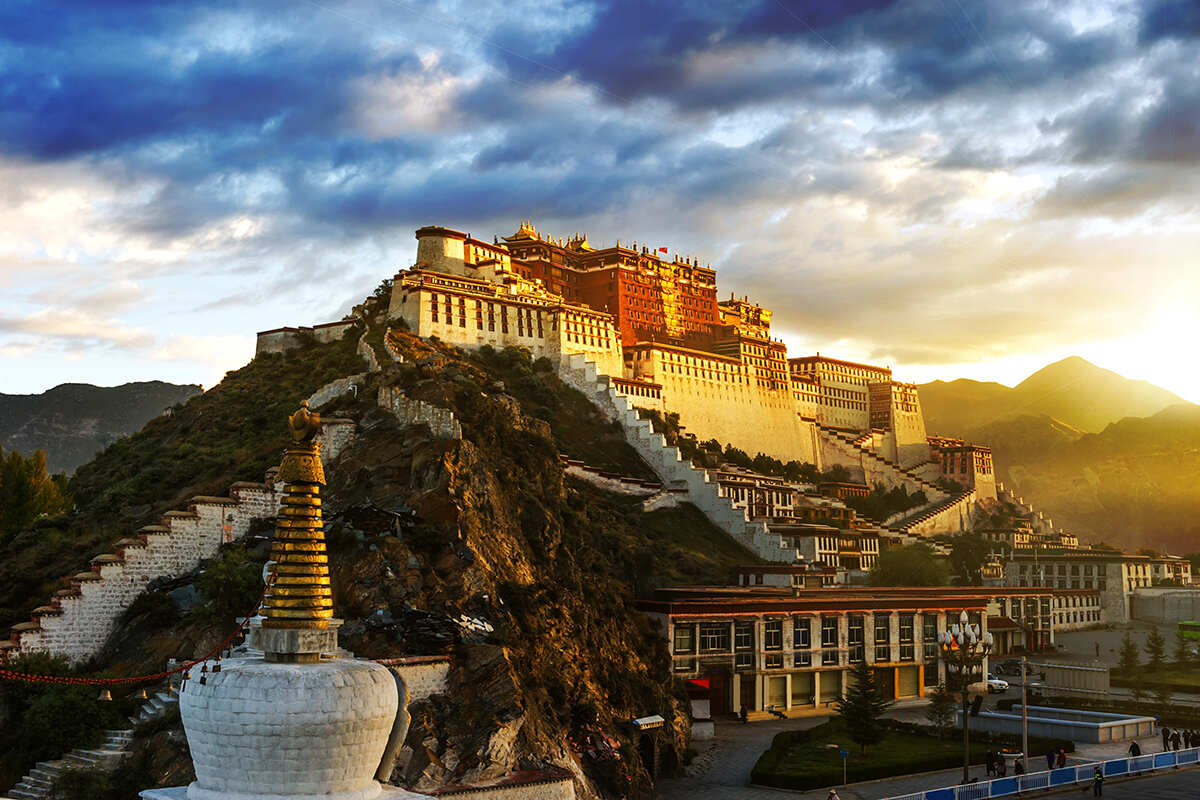
Himālaya: Exploring the Roof of the World by John Keay
John Keay has been writing synoptic histories of India, its environs and the golden age of exploration in Asia for almost 50 years. His latest book brings together themes and people covered in some of his previous outings, as he focuses on the mountain range that’s home to the world’s highest peaks, separates the two Asian superpowers – China and India – and straddles five countries.

Into Iraq by Michael Palin
Michael Palin acknowledges that Iraq is a land that arouses mixed feelings, but also one that has much to offer the visitor, which is made clear in the engaging story of his journey to the cradle of one of the world’s most ancient civilisations. His new book, Into Iraq, takes an insightful journey, with hints of a Monty Python sketch, through the much-misunderstood country.
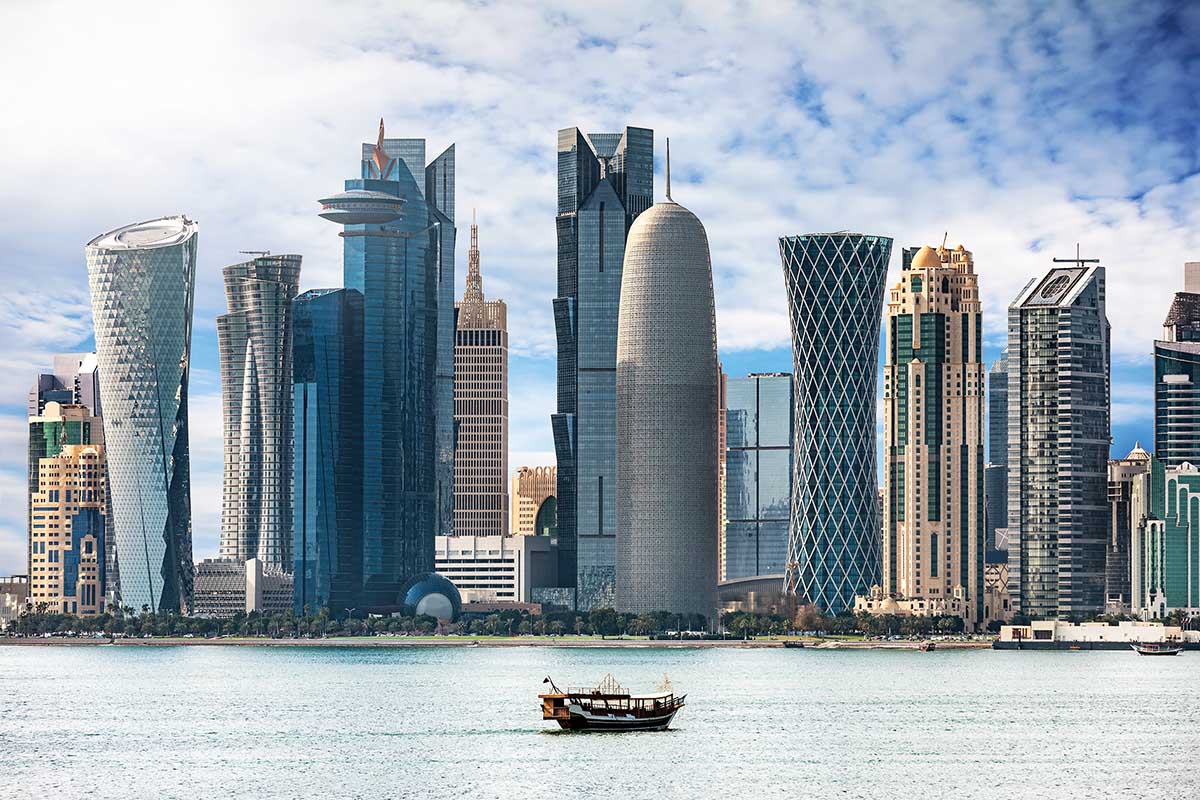
Inside Qatar: Hidden Stories from one of the richest nations on earth by John McManus
How much do most of us really know about Qatar? One of the richest nations on Earth per capita. A successful, and potentially dodgy, World Cup bid. A place beset with workers’ rights abuses. That might be the limit of it. Feeling in a similar boat, but determined to find out more ahead of this year’s football spectacular, social anthropologist and author John McManus decided to spend a year living in the country and attempting to get to know its people.
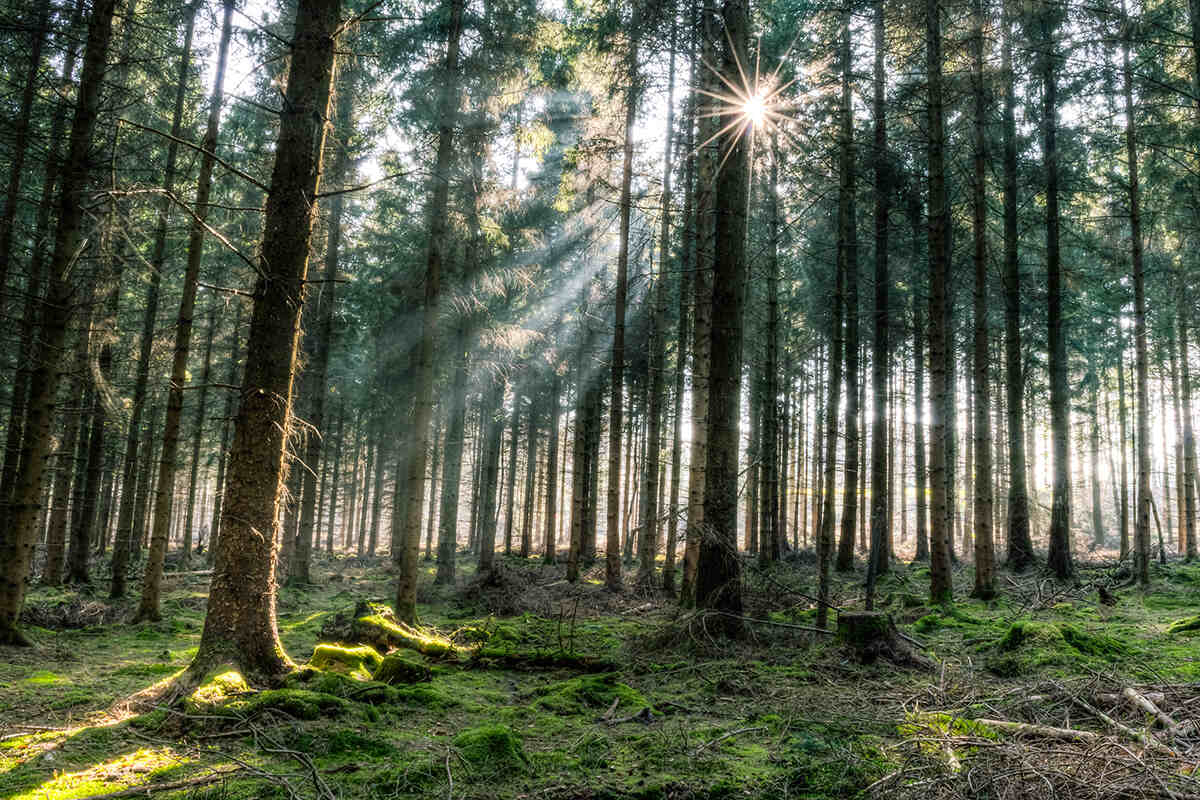
The Lost Rainforests of Britain by Guy Shrubsole
Last year, a Natural History Museum study found that the UK is one of the world’s most nature-depleted countries. A major cause of this has been deforestation: only 13 per cent of the UK is covered by trees, less than almost every other country in Europe. But as writer and campaigner Guy Shrubsole’s enchanting and insightful new book shows, this wasn’t always the case – as unlikely as it may sound, we were was once a land of rainforests.




